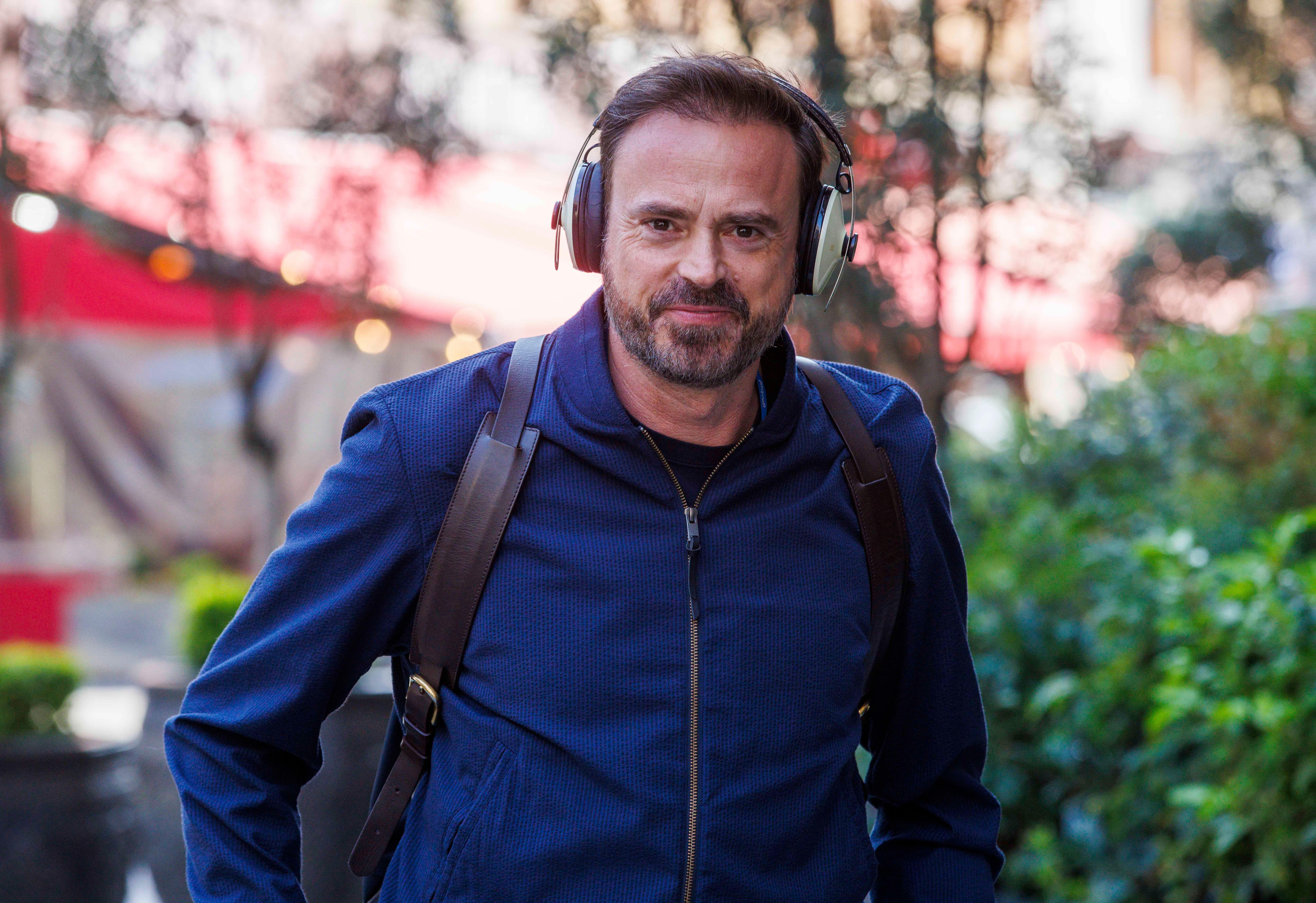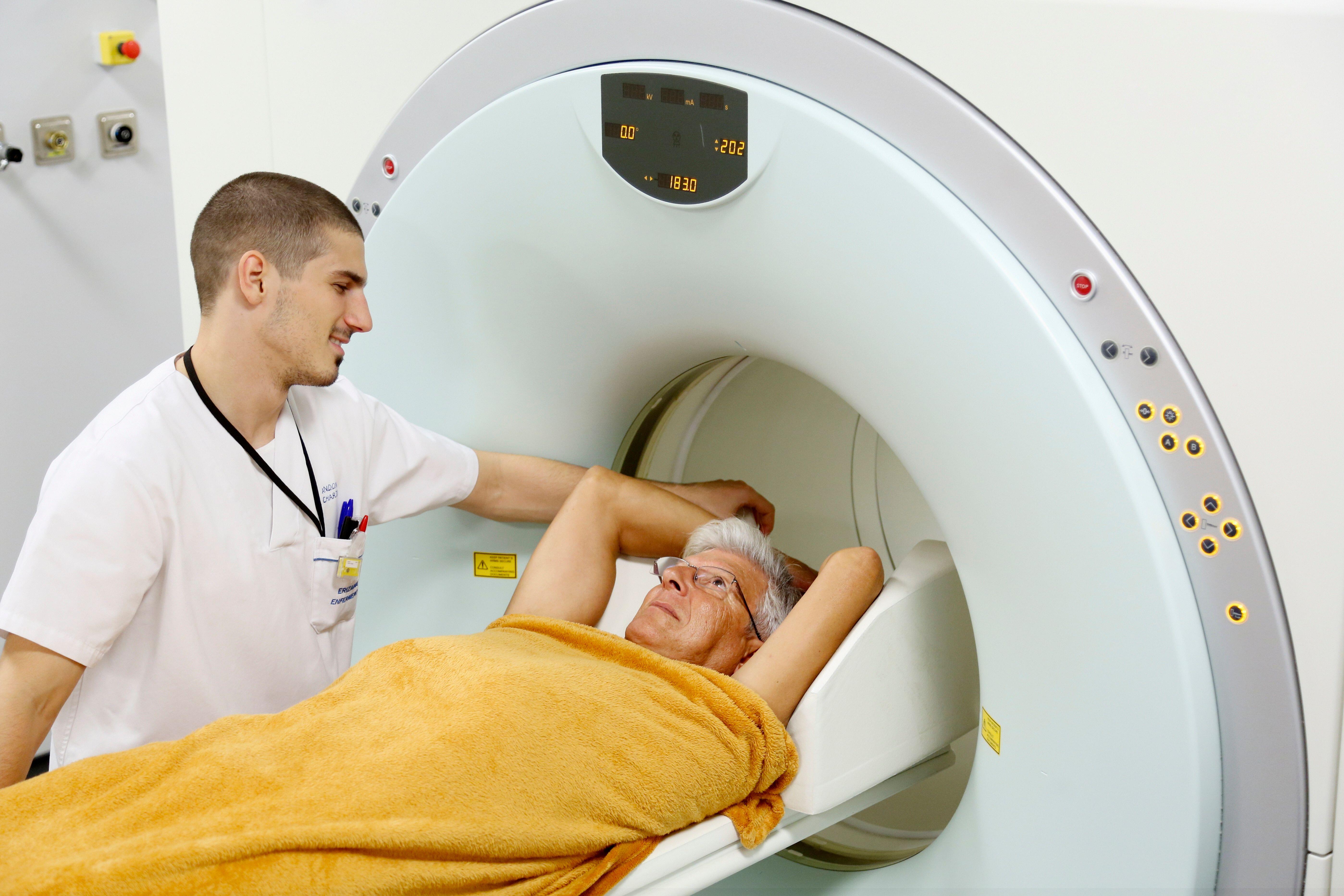The Independent's journalism is supported by our readers. When you purchase through links on our site, we may earn commission.
Jamie Theakston reveals laryngeal cancer diagnosis: What are the warning signs
The 53-year-old was prompted to get his throat examined after listeners noticed his voice sounded different on air

Your support helps us to tell the story
From reproductive rights to climate change to Big Tech, The Independent is on the ground when the story is developing. Whether it's investigating the financials of Elon Musk's pro-Trump PAC or producing our latest documentary, 'The A Word', which shines a light on the American women fighting for reproductive rights, we know how important it is to parse out the facts from the messaging.
At such a critical moment in US history, we need reporters on the ground. Your donation allows us to keep sending journalists to speak to both sides of the story.
The Independent is trusted by Americans across the entire political spectrum. And unlike many other quality news outlets, we choose not to lock Americans out of our reporting and analysis with paywalls. We believe quality journalism should be available to everyone, paid for by those who can afford it.
Your support makes all the difference.Heart Breakfast co-host Jamie Theakston has announced that he has been diagnosed with stage one laryngeal cancer.
The radio host, who presents the station’s breakfast show alongside Amanda Holden, revealed the news in an Instagram post on Tuesday morning.
In a statement, the 53-year-old said the prognosis was “very positive” and added that he hopes to return to Heart Radio in October.
The 53-year-old was prompted to get his throat examined after listeners noticed his voice sounded different on air.
In a health update shared on 1 September, Theakston thanked his listeners for urging him to get it checked.
“Got it checked – Doctors found a lesion on my vocal cords which I’ve had removed this weekend – thanks for all the kind messages – should be back on my feet soon,” he wrote at the time.
After announcing that his condition had been identified as cancerous, Theakston has been met with well-wishes from his celebrity colleagues and fans.
What is laryngeal cancer?
“Laryngeal cancer is a rare type of cancer that starts in the voice box (larynx),” explains Maxine Lenza, health information manager at Cancer Research UK.
The larynx is part of the throat found at the entrance of the windpipe (trachea) and plays an important role in helping you breathe and speak.
Laryngeal cancer has five stages (stage zero, followed by stages one to four, often given in the Roman numerals I-IV) which describe the size of the cancer and whether it has spread.

“Stage 0 is where abnormal cells are found in the lining of the larynx, but they have not spread beyond the top layer of cells. There are usually no symptoms and this can be considered as pre-cancerous,” explains professor Vijay Nayar from Healthium Clinic.
“Whereas stage IV, the most advanced stage, is when the cancer has spread to distant parts of the body, multiple lymph nodes, or invaded nearby structures.”
There are more than 2,000 new cases of laryngeal cancer in the UK each year, according to the NHS.
Who is most at risk?
According to the NHS, the condition is more common in men than women, and in people over the age of 60.
“The risk of developing cancer depends on many factors including your age, lifestyle, and environmental factors,” explains Rachel Rawson, lead clinical nurse specialist at Perci Health.
Lenza adds: “It’s not always clear what causes laryngeal cancer, but there are ways you can reduce your risk, such as stopping smoking or drinking less alcohol.”
What are the symptoms?
The larynx plays an important role in breathing, speaking, and swallowing, so the symptoms of laryngeal cancer are related to these functions.

“Symptoms of laryngeal cancer can include a hoarse voice, difficulty swallowing, weight loss and shortness of breath,” highlights Lenza.
Nayar adds: “Other symptoms include a sore throat or the feeling of something stuck in the throat. There can also be earache, a persistent cough, or a lump in the neck.”
The NHS website advises people who have had a hoarse voice for more than three weeks to get in touch with their GP.
“It can be tempting to put changes to your body down to getting older or another health condition, but it’s important to tell your doctor if you notice anything that’s not normal for you, or isn’t going away,” advises Lenza. “In most cases it won’t be cancer, but if it is, finding it at an early stage can make a real difference.”
How is it diagnosed?

“Diagnosis typically involves your doctor checking for lumps or abnormal areas in the throat, followed by a laryngoscopy, when a scope is inserted into the throat to view the larynx under local anaesthetic,” explains Nayar.
“If a suspicious area is found, a small tissue biopsy is taken for further microscopic examination.”
If cancer is confirmed, then further scans may be used to assess the extent of the cancer and whether it has spread to other areas.
“These imaging tests may include CT, MRI, or PET scans,” adds Nayar.
What treatments are available?

Treatment options depends on the stage of the cancer and the overall health of the patient. Surgery, chemotherapy and radiotherapy – or a combination of these – are usually offered.
“Patients with early stage cancer are generally offered laser microsurgery or radiotherapy,” says Nayar. “Those with more advanced disease will be offered surgery and radiotherapy with or without chemotherapy.
“Surgery involves either partial or total removal of the larynx (laryngectomy) depending on the extent of the cancer. If the cancer has spread to the lymph nodes in the neck then these can also be removed.
“In all cases patients will require rehabilitation with speech and swallowing therapy after treatment.”